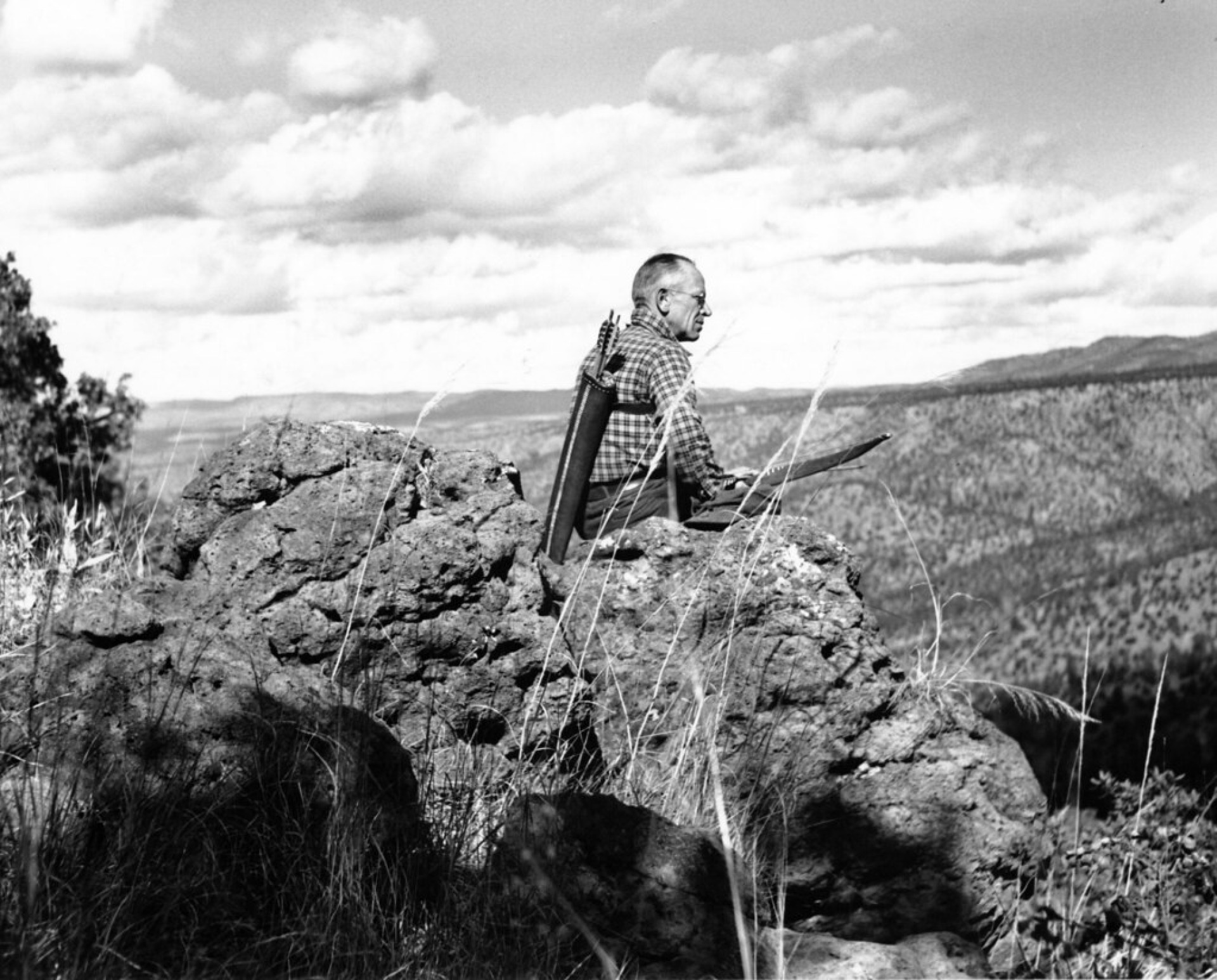These popular topics are heating up. Explore today's most viewed pages.
— Aldo Leopold, author of "A Sand County Almanac"

What do you think of when you hear the term “ethic?”
Maybe you think of what is considered the right way to treat others, the responsibility a business carries to make good decisions for its customers and employees, how a doctor or medical professional should act while administering care, or a worker’s drive to do their job well.
But when you hear the word “ethic” do you think about your relationship with land, wildlife, plants, and ecosystems? Aldo Leopold and his “Land Ethic” would say you definitely should, and we have to agree.
Aldo Leopold is an Iowa-born conservationist with insights that may ring more true today than when he first shared them in “A Sand County Almanac” in 1949. For example:
Leopold believed that humans should change their relationship with the natural world - seeing ourselves as plain members and citizens of the land along with soil, plants, water, and wildlife, instead of acting as conquerors of it.
If this concept has you curious and interested, then we highly encourage you to join us for this year’s “A Land Ethic Workshop” series, led by celebrated educator Ron Cisar. Inspired by Leopold and his "Land Ethic," this program will take you on a monthly journey where you'll learn how to recognize changes taking place in the natural world, why they matter, and the importance of treating the land as a part of us, not apart from us.
You can sign up for all 10 sessions for a 50% discount (these registrants will also receive a copy of “A Sand County Almanac” and a journal), or attend whatever sessions you like for $15 each (park entry free included). All sessions will take place in person at Hitchcock Nature Center.
Please see the program schedule and details below. We hope to see you there!
All programs will be open for registration later this month.
Read an excerpt from Leopold’s "Land Ethic":
“THE COMMUNITY CONCEPT
All ethics so far evolved rest upon a single premise that the individual is a member of a community of interdependent parts. His instincts prompt him to compete for his place in that community, but his ethics prompt him also to co-operate (perhaps in order that there may be a place to compete for).
The land ethic simply enlarges the boundaries of the community to include soils, waters, plants, and animals, or collectively: the land.
This sounds simple: do we not already sing our love for and obligation to the land of the free and the home of the brave? Yes, but just what and whom do we love? Certainly not the soil, which we are sending helter-skelter down river. Certainly not the waters, which we assume have no function except to turn turbines, float barges, and carry off sewage. Certainly not the plants, of which we exterminate whole communities without batting an eye. Certainly not the animals, of which we have already extirpated many of the largest and most beautiful species. A land ethic of course cannot prevent the alteration, management, and use of these 'resources,' but it does affirm their right to continued existence, and, at least in spots, their continued existence in a natural state.
In short, a land ethic changes the role of Homo sapiens from conqueror of the land community to plain member and citizen of it. It implies respect for his fellow-members, and also respect for the community as such.”